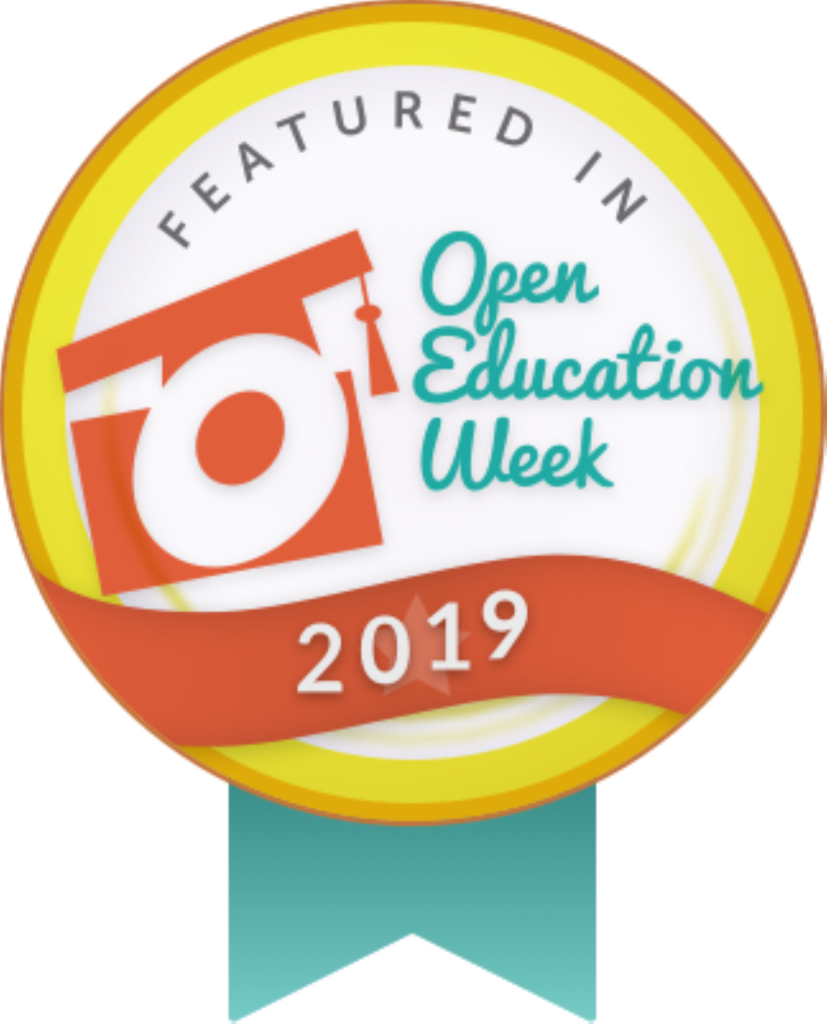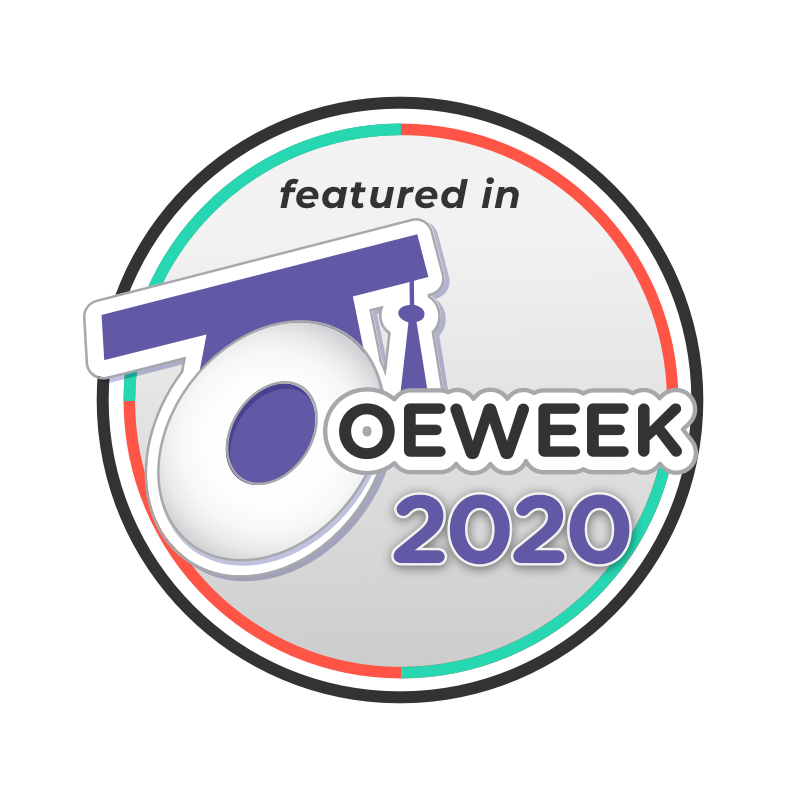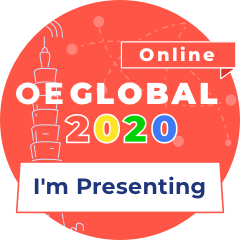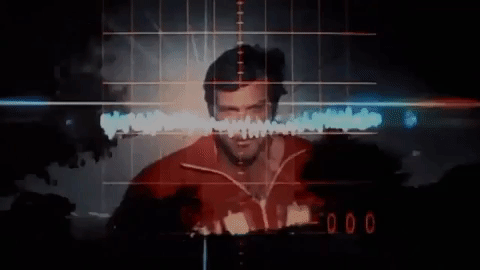“You and I have a rendezvous with destiny.” -Ronald Reagan
Jim Ross-Nazzal, PhD and Students




PREFACE
Copying stuff and freely distributing that stuff to students in violation of copyright laws, knowingly or not, has always existed. Those mimeographed maps and images (remember the purple ink and who can forget the aroma) from that 8th grade teacher’s Social Science book in the 1970’s would not have been OER. In the 1990’s, I knew of the occasional TA or adjunct who would copy chapters of the textbook for students, maybe not knowing they were violating any copyright laws. Maybe disinterested that they were doing so. One Department maintained an impressive collection of some OER but also some for-profit sources placed on a very young World Wide Web. The collection was eventually taken down. Some professors handed out what I now suspect to be material in violation of copyright laws. But no one raised the specter of illegality until many years later. OER is different.
I wanted to write a truly OER look at US History for several reasons. First, History is the culmination of the words and deeds of individual people, preferably non-elite people. Those words and deeds are in the public domain, unless classified by some agency or organization such as the Department of Defense or the National Security Agency.
The collecting of those words and deeds and explaining the historical significance of those words and deeds belongs to all of us. This is our story. The dissemination of our story should not be a for-profit venture. Now, the person who spends time in archives performing the research, writing the narrative, placing the people and events in context, and analyzing the meaning or significance of those words and deeds should be compensated for their time and talent. But their works need to be publicly disseminated, I believe.
I am not being financially compensated nor did I seek any financial support for my time and while I think I know what I’m doing, any “talent” you see in me is more likely a figment of your imagination. That’s my attempt at self-deprecating humor. Laugh it up. I am doing this pro bono. But I try to do everything purposefully so why undertake such a time consuming task? I mean, I started this venture (in this modality) in 2018.
I am doing it this way in the hope that administrators will recognize the value that this type of project brings to student success and will then consider remunerating our time and expertise. Paying subject matter experts to put out OER should lead to my colleagues thinking about adding their interpretations to our story. It is only fair to pay people for their time and expertise, but again, the end results belong to the community. The more views we have examining the same story, the closer to a 360 degree view we will have. The width and depth of views, perspectives and experiences we can produce to our diverse student population, the more likely our students will find their voice in our story, thereby increasing student success. Our story becomes not only more diverse but also adds to equity and inclusion.
Second, in order for Our Story to be truly our story, I will be asking my students to research and write brief biographies of lesser known (and in some cases unknown) figures in history. Students tell me they do not feel a connection to the elite voices. They want to hear from “the person on the street.” Instead of reading King’s speech from the March of Washington, students seem to be more intrigued by and are more connected to the words of the 23-year-old representative from the Student Non Violent Coordinating Committee, John Lewis. As college students themselves, Lewis is someone to whom they can relate. And then there are the voices of people not famous at all such as my parents. My dad was in the Air Force and stationed at Andrews AFB. My mom was in the first trimester of pregnancy with me. They witnessed the speeches so I can talk about their reactions and how the 1963 March on Washington set them on a course of political and social activism that continues today.
Students find those people to write about and students get excited about the prospect of knowing more about someone, someone not in the textbook, than anyone in the classroom, including me. In the second part of US history students can write about their reaction to 9/11 or the veterans in my class can write about their experiences in Iraq and Afghanistan (and other places). This way we will be collecting completely new voices, new evidence, new experiences on these events that we collectively share.
Then, starting in 2019, the work of my students was included in Our Story thereby making Our Story aptly named. This OER is going to be a group effort. I will continue to write the larger narrative. Edit students’ submissions and place what they come up with in context but my students’ voices will hopefully ring loud and clear chapter after chapter. They will of course be recognized for their efforts.
Tangentially, my students hear my voice in class and my online students hear my voice in my prerecorded videos. I am hoping that by piecing together these vignettes, students will hear my voice in these pages and thus the continuity will increase student success. Besides, life is too short to repeat in lectures what is available in the textbook. Putting together this OER allows me to greatly increase the information I can present to my students. And, possibly more importantly, students report to me that they get excited wen they read the words of the past students.
I have a YouTube channel in which I post videos I make on US History from pre-Contact to the present. I’ve been contacted by students and instructors from the US and Europe seeking suggestions on further readings, help with research, lesson plans, and questions about my interpretations. Maybe the combination of my YouTube videos and this reference guide will further help students and teachers, thus acting as a sort of outreach for OER.
Am I not seeing any obvious landmines in working with students in such a project? Is the format off base? Do we know enough about the Trump presidency to say if his policies are a break with the past or a continuity of a distant past if not a continuation with his contemporaries? So where should this text come to an end? The election of 2020? The insurrection of 2021?
This is new to me so I need help. I wish to produce a body of work that will be meaningful to somebody. This must stand up to the scrutiny that is needful and inevitable. I eagerly await feedback from whoever wishes to help me to make this thoughtful, insightful, and meaningful.
Better than it was before. Better. Stronger. Faster.

For you have any advice for me or can offer me any assistance, or if you have any questions, feel free to contact me at james.rossnazzal@hccs.edu
